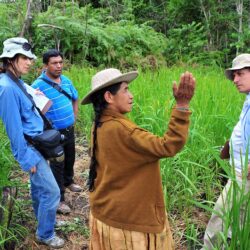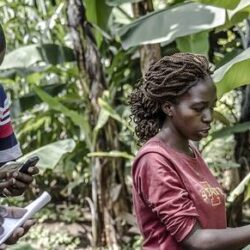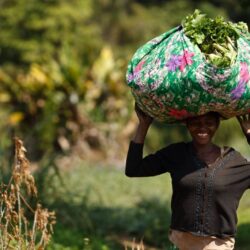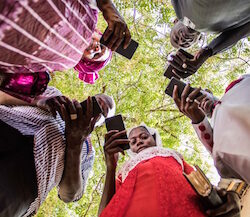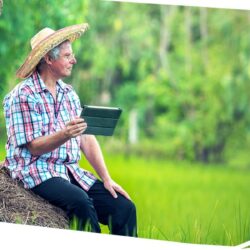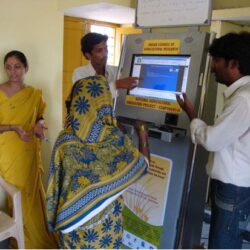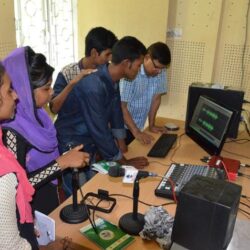FAO Director-General Qu Dongyu calls for collaborative action against hunger and inequality in Latin America and the Caribbean
During the 7th Summit of Heads of State and Government of the Community of Latin America and Caribbean States (CELAC), Food and Agriculture Organization of the United Nations (FAO) Director-General QU Dongyu said that Latin America and the Caribbean could be at the forefront of global food and agriculture when they step up to address increasing hunger and inequality rates in the region. FAO signed several letters of intent to pursue


